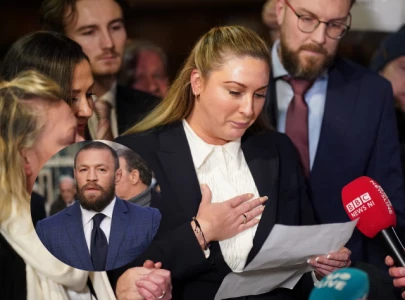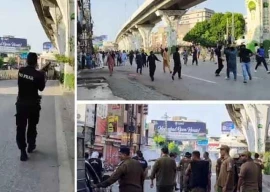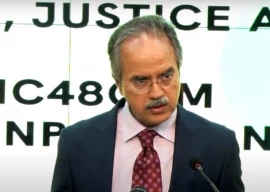
Read between the lines of the diplomatic doublespeak, though, and it is clear that there are several unaddressed issues and points of contention. Pakistan’s ambassador to the US, Husain Haqqani, quoted Obama and US Secretary of State Hillary Clinton as saying that they will find ways to “strengthen Pakistan’s economic reform process.” This appears to be an oblique reference to our inability to pass the reformed general sales tax (RGST) through parliament and our refusal to end electricity subsidies, both of which have been demanded by the US and the IMF. While the US may wish for Pakistan to stand on its own two feet, for as long as we are dependent on it for staying afloat, such demands will be a stark reality of relations between the two countries. Indeed, US Ambassador to Pakistan Cameron Munter admitted as much when he said that American financial assistance will lead to American interference.
Even more than economic issues, the ever-present spectre of terrorism also continues to cast a pall over Pakistan-US ties. For the best part of a decade, US policy has been to throw money at the problem, all the while urging Pakistan to ‘do more’. As the talks in Washington showed, this is likely to continue. The US has already been making noises about a possible military operation in North Waziristan, which Pakistan has been resisting, saying that troops are preoccupied with flood relief. As is likely, in the future more international terrorism plots that originated from the tribal areas will be unearthed. When that happens, the gentle exhortations will turn into full-fledged demands. It is only then that the shaky foundations of this supposedly solid relationship will be revealed.
Published in The Express Tribune, January 16th, 2011.

















COMMENTS (1)
Comments are moderated and generally will be posted if they are on-topic and not abusive.
For more information, please see our Comments FAQ